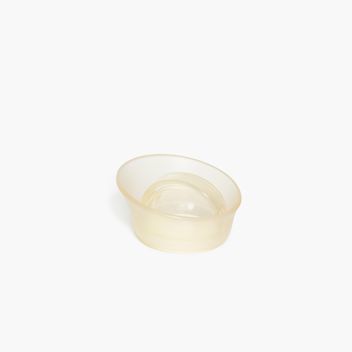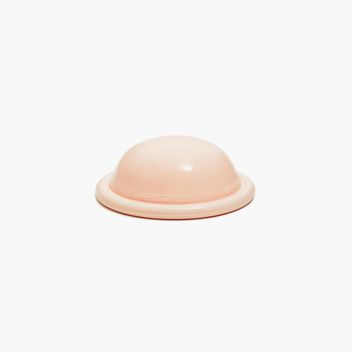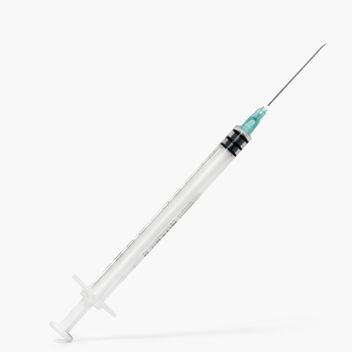How safe is a vasectomy?
Vasectomies are extremely safe for most people, but all medical procedures have some risks. Vasectomies are meant to be permanent, so they usually can’t be reversed.
Are vasectomies safe?
Vasectomies are super safe, and very few people have complications. But like all medical procedures, there are some possible risks. The most common risks with a vasectomy are minor and treatable.
Can I get a vasectomy?
Most people with penises and testicles can safely get a vasectomy. Your doctor will talk with you about your health to make sure a vasectomy is right for you.
You should only get a vasectomy if you’re totally sure you don’t want to be able to have kids for the rest of your life.
A vasectomy may not be a good choice for you if:
-
You may want to have a child biologically in the future.
-
You’re being pressured by your partner, friends, or family.
-
You hope a vasectomy will solve problems that may be temporary — such as marriage or sexual problems, short-term mental or physical illnesses, financial worries, or being out of work.
What are the risks of a vasectomy?
Getting a vasectomy is usually really safe. But like all medical procedures, there can be some risks. Things like temporary pain, bruising, and infection are the most common ones. You may need an antibiotic from your doctor to treat an infection.
Call your doctor if you get a vasectomy and have any of these signs of infection:
-
A fever over 100° F.
-
Blood or pus coming from where the cut was made in your scrotum.
-
Lots of pain or swelling in your scrotum or testicle area.
Other possible problems with vasectomies include:
-
Bleeding where the skin was cut (but this usually stops on its own).
-
Bleeding under the skin that may cause swelling or bruising (called hematoma). It usually goes away on its own. Putting ice packs on the bruise and taking over-the-counter pain medication can help.
-
Swelling (called Spermatic Granuloma) caused by sperm leaking from your vas deferens. It usually goes away on its own, but a doctor may need to drain it.
-
Temporary pain or discomfort are common. You can take over-the-counter pain medicine and wear supportive underwear that doesn’t let your testicles hang. Long-term pain is really uncommon, but possible. If this happens you should talk with a doctor or nurse for possible treatment.
Very rarely, the cut ends of your vas deferens grow back together, which can allow pregnancy to happen.

 Abstinence
Abstinence
 Breastfeeding
Breastfeeding
 Cervical Cap
Cervical Cap
 Condom
Condom
 Diaphragm
Diaphragm
 FAM
FAM
 Female Condom
Female Condom
 Implant
Implant
 IUD
IUD
 The Patch
The Patch
 The Pill
The Pill
 The Ring
The Ring
 The Shot
The Shot
 Spermicide
Spermicide
 Sponge
Sponge
 Sterilization
Sterilization
 Vasectomy
Vasectomy
 Withdrawal
Withdrawal